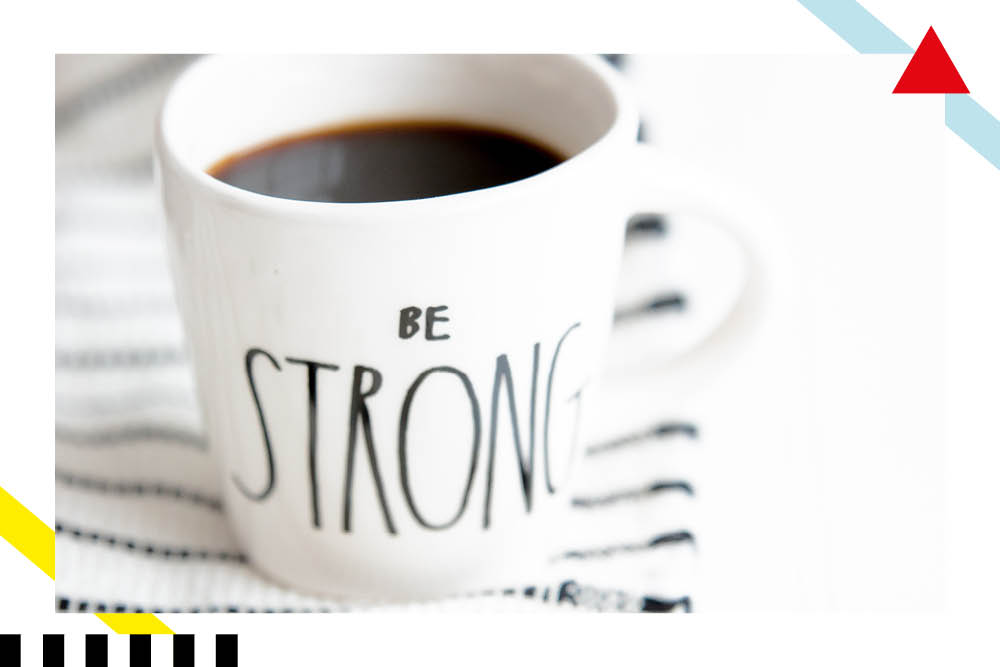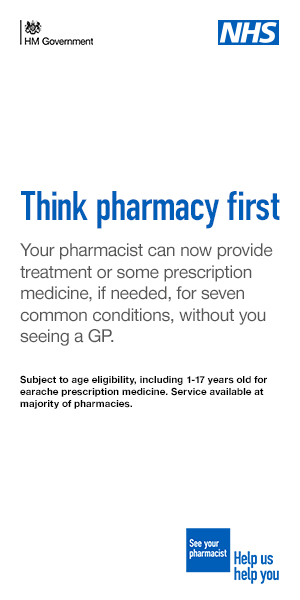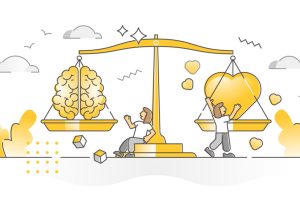Expert advice on how to be resilient at work

Resilience – The power to bounce back from adversity, or to flex when strong forces are at play.
That sounds like a useful attribute for life when we, unfortunately, are set to expect the unexpected. Many managers and teams are talking about resilience under pressure at work. So if we want the ability to rebound quickly from change or misfortune, what attributes do we need?
THERE CAN BE FOUR MAIN COMPONENTS OF RESILIENCE:
- Emotional: impulse control, keeping emotions within acceptable limits at work, being able to channel and focus emotional energy in positive directions to get the desired results.
- Mental: realistic optimism, appropriate levels of self-belief, ability to analyse cause and effect at work.
- Physical: a good balance of rest and recovery, nutrition for energy, exercise for mental balance and good sleep.
- Connection: values and beliefs at work, enhanced communication, empathy for colleagues.
Most people think of mental health when resilience is mentioned. Emotional intelligence is a strong way to support mental health at work. Understanding the emotions that are evoked at work, how we respond to challenges and sometimes testing business environments, is essential to build resilience.
A quick internal check if feeling triggered can be to ask yourself how you’re feeling: what’s the emotion name and number on a 0-10 scale? Then you can take steps to bring the number down – whatever you need to do in order to feel more emotionally balanced. Typically, any number on the scale of 5 or less means you are in emotional equilibrium, or emotionally well-regulated. If the number is more than 5, be careful what you say and do next – because you’re likely to be triggered, which is sometimes called emotionally dysregulated. This is the time to count to ten, breathe deeply, step away from the keyboard, or take a short walk and make a drink (non-alcoholic!).
Inherent in resilience is the ability to manage emotions for optimum effect. A smart thing is to channel any anger or frustration in a positive direction. Talk to a sympathetic colleague or manager, brainstorm constructive ways forward. Temptingly, moaning or bitching only brings short-term relief, but the underlying problem will still remain.
The dimension of connection can often be overlooked. That’s where hearts and minds can meet. Increasingly, especially for younger team members and those who care deeply about their work, it’s so important to have a backdrop of a belief that their work makes a determined difference. More and more, the meaning of work is an important part of being resilient: knowing that it matters and that the work makes a positive impact in the world. Taking pride in our purpose and acknowledging achievements, particularly with recognition by our managers, makes a world of difference in raising resilience levels.
Charles Darwin wrote that “In the long history of humankind, those who learned to collaborate and improvise most effectively have prevailed.” So the ability to survive and thrive is closely linked to resilience and connection.
Most people and teams perform well with a certain level of pressure to get things done by attaining the desired outcomes. What’s the difference between stress and pressure? When the level of pressure becomes overwhelming, this can turn into stress which means that resilience diminishes when stressed, leading to a drop in performance. You can monitor your own attitude and outputs, but importantly, also lookout for signs of stress or a change in engagement levels with your colleagues. Taking time to check how everyone is doing can identify stress early enough to tackle it.
In complex organizational systems, or where there’s a sophisticated consumer market fed by communications such as official brand channels as well as consumer-led social media, it’s important to understand the cause and effect of actions taken by executives and teams. This all feeds into the brand experience. If these channels are well-used consciously, it helps build the reputation of the people and their brand. This all supports the resilience of companies and their people. Everyone likes to be associated with success and corporate responsibility.
“The only constant is change” is an adage attributed to Heraclitus over 2,000 years ago, a philosopher at the time of the Persian Empire (nowadays in Turkey). In his lifetime the Roman empire was in flux, as was the Han dynasty in China. So the global need for resilience has been around for quite a while.
Sarah Paton Briggs is a Director of The Grove Practice in London. She is a Psychotherapist and Executive Coach and co-founder of The Grove Practice At Work: an organization committed to bringing good mental health to the workplace – tgpatwork.com.
If you are interested in how TGP Coaching can help your managers and teams with their mental health then please download our brochure here or get in touch with us at [email protected].












